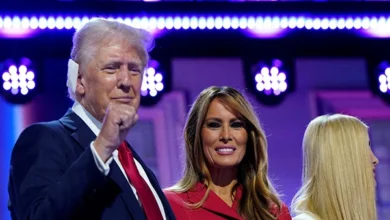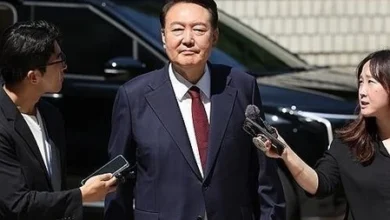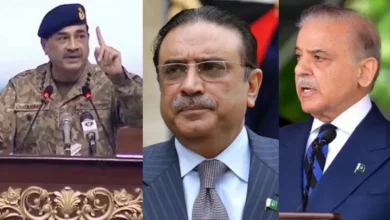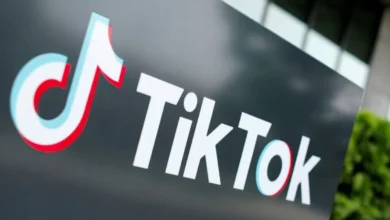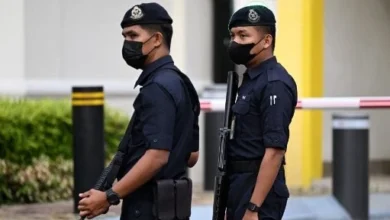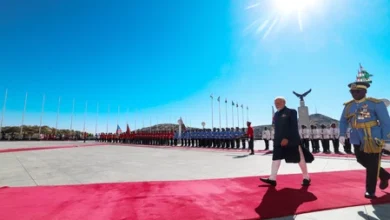India, Brazil forge roadmap to boost ties in defence, food security, digitalisation
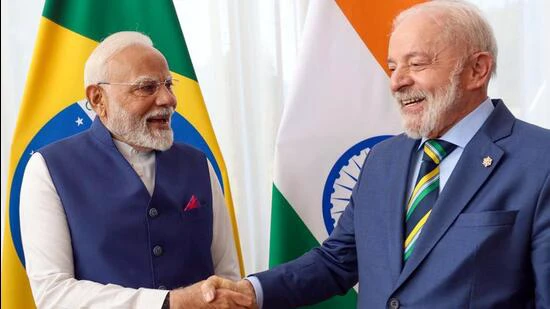
New Delhi: India and Brazil have forged a new strategic roadmap to strengthen bilateral ties over the next decade based on five key pillars, including defence and security, food security, energy transition, digital transformation and industrial partnerships in strategic areas.
The roadmap was finalised during a meeting between Prime Minister Narendra Modi and Brazilian President Luiz Inácio Lula da Silva in Brasilia on Tuesday. The two leaders had agreed during their meeting to almost double two-way trade to $20 billion over the next five years.
The two leaders tasked authorities to conclude four bilateral agreements as soon as possible, including an agreement on mutual legal assistance in civil matters and memorandums of understanding (MoUs) on defense industry cooperation, sports cooperation, and archival cooperation, according to a joint statement issued after the meeting.
The two sides had finalised several important agreements during Tuesday’s meeting, including agreements on combating international terrorism and transnational organised crime and on the exchange and mutual protection of classified information. They also signed memorandum of understanding (MoUs) on cooperation in renewable energy, sharing large-scale solutions for digital transformation and intellectual property.
The joint statement said the new strategic roadmap will build on economic and technological complementarities between India and Brazil, and will be based on five pillars – defence and security, food and nutritional security, energy transition and climate change, digital transformation and emerging technologies, and industrial partnerships in strategic areas.
The new agreement on exchange and mutual protection of classified information will facilitate deeper cooperation in strategic areas, while the establishment of a cybersecurity dialogue will deepen cooperation through exchange of information and national perspectives on cybersecurity issues.
In the context of counter-terror cooperation, Modi expressed appreciation to Brazil for its strong condemnation of the Pahalgam terror attack and both leaders condemned terrorism, including cross-border terrorism and violent extremism.
While welcoming the new agreement on cooperation in combating international terrorism, both sides stressed the need for a united international response to terrorism. “The leaders reaffirmed their commitment to cooperate in preventing and combating transnational organised crime and terrorism,” the joint statement said.
Modi and Lula called for concerted actions against all UN-designated terrorists and terrorist entities, including those designated by the Security Council’s 1267 Sanctions Committee, such as Lashkar-e-Tayyiba (LeT) and Jaish-e-Mohammad (JeM). “The leaders reaffirmed strong commitment to continue taking active measures to disrupt the terror financing channels including at the UN and FATF,” the joint statement said.
In the field of agriculture, India and Brazil, as major food producers, emphasised the “importance of fair and open agricultural trade as a means of achieving productive, sustainable, and resilient agrifood systems,” according to the joint statement.
“They reaffirmed the central role of the government in maintaining well-functioning agricultural markets and agricultural policies – including public stockholding for food security purposes – in supporting the livelihoods of farmers and workers across the entire food supply chain, as well as in promoting national, regional, and global food security,” the joint statement said.
The two countries also agreed to explore commercial and technological complementarities and to collaborate through partnerships in the pharmaceutical industry, defence equipment, mining and minerals, and oil and gas sector. With an increasing number of Indian pharmaceutical companies having operations in Brazil, the two leaders encouraged the establishment of partnerships to assist in the production of essential medicines in Brazil, including generic medicines and active pharmaceutical ingredients (APIs).


